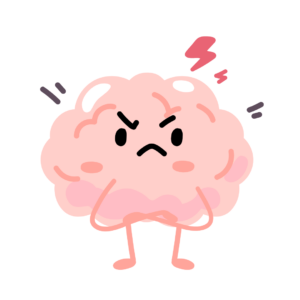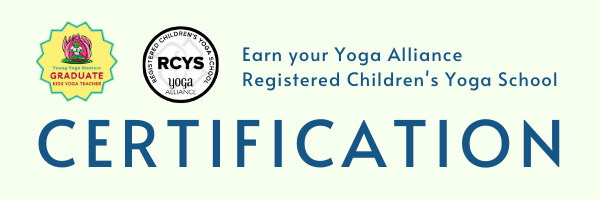“I Don’t Want to Play If I Get Out!”
When I announced the game at the end of a kids yoga class one child responded, “Is it a game where people get out? I don’t want to play if I get out.”
With the Olympics around the corner, lets talk about the Olympic spirit and the joy of playing. I connect this theme to important yoga philosophy that can help children, especially kids who have trouble with the thought of losing, understand why it really isn’t whether you win or lose, its how you play the game.
Competition for Kids: Good or Bad?
This yoga lesson plan aims to show kids that competition is not necessarily good or bad, rather our perception of competition is what makes it so.
When competition is seen as a rivalry, its easy to understand why kids don’t like to play. They risk the chance of becoming “losers” rather than participants. The root of the word competition means “to strive together.” In this sense of the word, competition can be a wonderful experience of completely involving yourself in a task, bonding with a team, improving a skill, and striving together towards a goal.
Take the example of the school children in this picture. They broke the world record for the largest Olympic rings.
The 3 Parts of the Brain
To give kids a fresh look at competition, consider a lesson plan with this insight from the anatomy of the mind, attributed to Dr. Dan Siegel:
- Reptilian Brain: at the root of the spinal cord. The basic functions of the brain like breathing and circulation.
- Lymbic Brain: especially connected to the amygdala and hypocampus. Also connected to survival, caring for young, the fight, fright, or freeze response and your emotional states.
- Cerebral Cortex: Includes the pre-frontal cortex which allows you to do things like balance your emotions, maintain critical thinking, and have empathy towards other people.
Which part of the mind thinks:“I may lose or I may win, but that will not determine who I am. I will play for the fun of doing my best, being part of a team, and becoming a stronger player.”
Ask the kids when they have noticed their cerebral cortex in action.

Yoga Poses to Help Not Flip Your Lid
To strengthen the mind, try yoga poses that raise your energy from the base of the spine upwards. Examples include:
- cat cow
- bridge pose
- bicycle legs
- leg lifts
Then move to yoga poses that open the heart:
- archer pose
- warrior poses
- yoga mudra (hands clasped behind the back) while standing, sitting in rock pose, or resting in child pose
- bow pose
Squeeze and Release Relaxation
Finish with a body scan for relaxation. Squeeze your feet tight, hold, then release your feet. Squeeze your legs, hold, then release them. Continue through the body, from the feet to the face. This body scan show kids that many things, like tension, can be both harmful and useful depending on how they are used.
Leave a silent period at the end to let the children rest in a neutral space during relaxation.
The Olympics are wonderful example of striving together. Try watching the Olympics together to observe athletes handling both victory and defeat. These athletes can be valuable role models to help children discover the joy of striving, regardless of whether you win or you lose.
By understanding how the brain works, we can start to notice which part of the brain is in control, which helps us realize it may not be the part we want. With awareness comes the ability to choose!
You’re welcome to share your thoughts and ideas in the comments.




That’s a great lesson for kids to learn and a great way for them to learn it. It’s a mark of maturity when they can learn to play games cooperatively.
Hi there, you make some good points here…I am visiting from share fest…and I am glad that i did…I have always wanted to try yoga, I am overweight, but getting smaller and I hear it is for everyone.
Hi Kim, thanks for dropping by. Yoga is for everyone, although not every yoga class is for everyone. If you ever decide to give it a try, give yourself the experience of a few classes and teachers before you make up your mind about it. All the best.